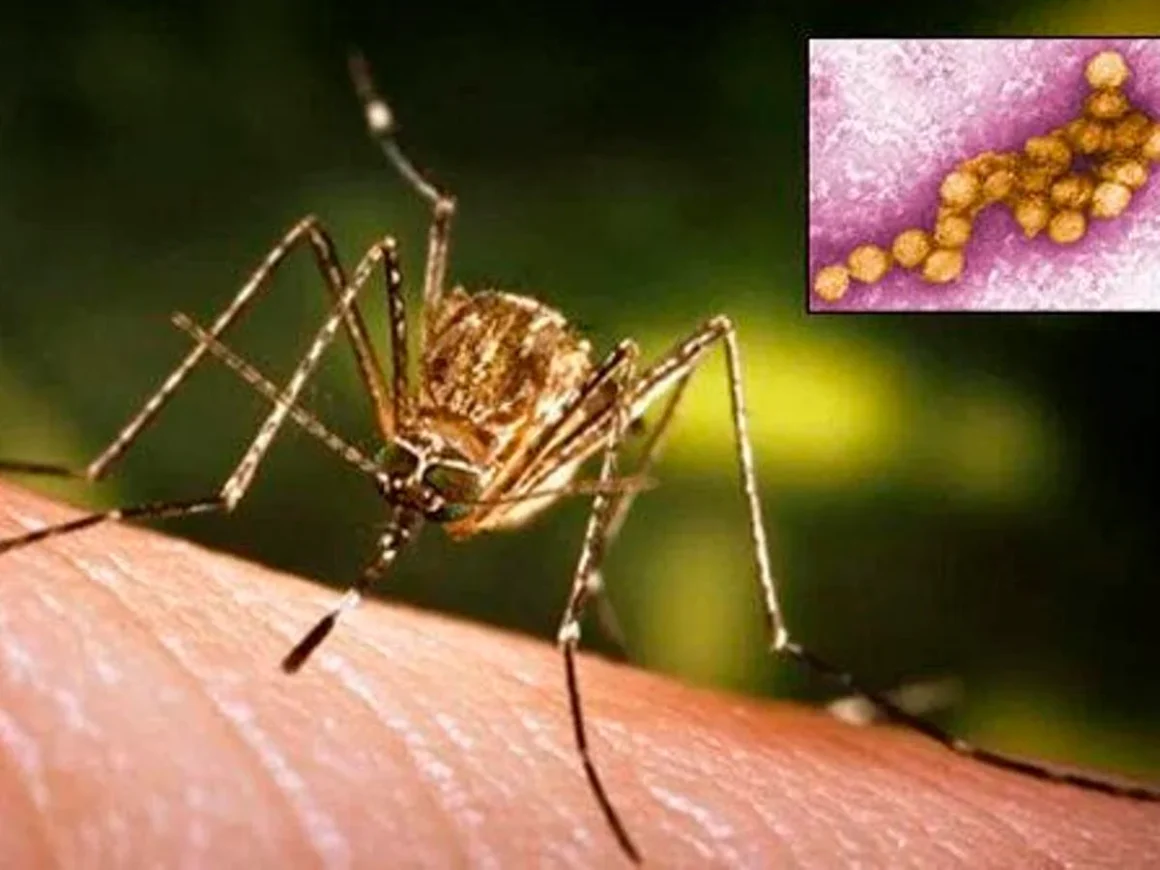West Nile Fever is becoming increasingly alarming in Israel, with the death toll now at 15. Recognizing its symptoms and understanding how to prevent the infection is vital.
West Nile Fever, a viral infection spread mainly through mosquito bites, is an important topic to discuss for public health awareness. The infection stems from the West Nile virus, part of the Flavivirus family, commonly found in warm and temperate regions. While many people carrying the virus show no symptoms, others might experience mild to severe health issues.
Symptoms of West Nile Fever can range from mild to severe, sometimes resulting in death. Common signs include fever, headache, body aches, joint pains, vomiting, diarrhea, and rash. Severe cases might exhibit neurological problems such as neck stiffness, disorientation, tremors, and even coma. It’s critical to seek medical help if you notice any of these symptoms.
West Nile Virus Infection: Preventive Measures
To prevent West Nile Fever, it’s crucial to avoid mosquito bites, as mosquitoes transmit the virus. Here are some key steps to protect yourself:
- Apply mosquito repellent with DEET to exposed skin.
- Wear long sleeves, pants, and socks to cover your skin.
- Limit outdoor activities during dawn and dusk when mosquitoes are most active.
- Eliminate standing water sources like birdbaths, flower pots, and clogged gutters where mosquitoes breed.
- Install screens on windows and doors to keep mosquitoes out of indoor spaces.
- If you suspect infection or show symptoms, consult a healthcare provider promptly.
Current Outbreak in Israel: What Government Is Doing?
The recent surge in West Nile Fever cases in Israel has triggered concern. The virus spreads to humans mainly through mosquito bites, and older adults and those with weakened immune systems are at higher risk for severe symptoms.
In response, the Israeli government has taken measures to control the virus spread, such as mosquito control initiatives, public education campaigns, and monitoring mosquito populations in affected regions.
Educating the public about West Nile Fever is crucial in stopping further infections. Spreading knowledge about recognizing symptoms, taking preventive actions, and seeking medical care can help limit the disease’s impact.
With the death toll from West Nile Fever rising in Israel, everyone must stay alert and take steps to protect themselves from mosquito bites. Stay informed, stay safe, and prioritize your health during this critical period.

